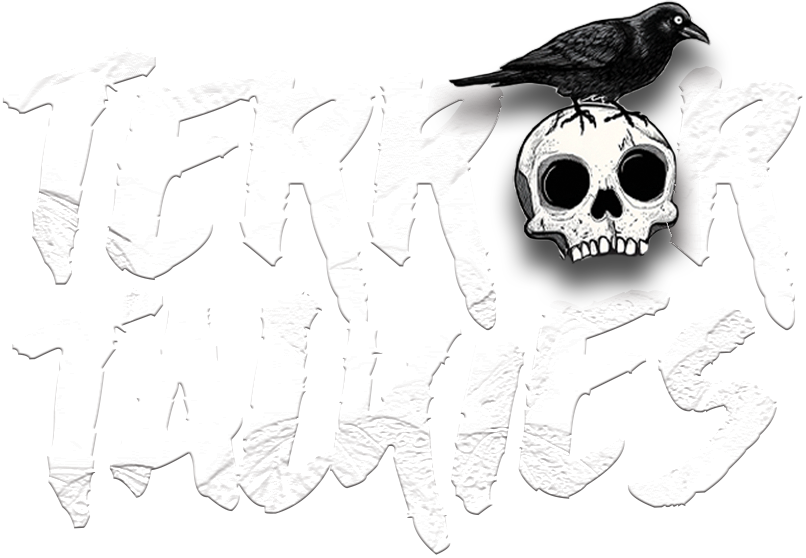Death of the Unidimensional Gen Z Character Trope
- Tanmay Jain
- May 14, 2025
- 4 min read
by Tanmay jain

⚠ SPOILER ALERT: Uncensored Acts of Capitalism are mentioned ahead
Before I watched Death of a Unicorn, it was characterised by only two traits in my head. A24 plus Some Surreal Fantastical elements. And somehow, that was more than enough to paint a pretty accurate picture of the film. Death of a Unicorn is a perfect example of a new era of template films from the indie mainstream industry. Something surreal and absurd happens in an otherwise normal world, and it’s somehow a metaphor for one of the cardinal sins of modern human civilization (capitalism, more often than not). For example, Dream Scenario (2023), The Lobster (2015), Sorry to Bother You (2018). But that’s not enough of an argument against this fantasy film, which knows what it is trying to be and delivers a fun, digestible satire. The political commentary is not the point; it’s just the expected status quo that calms with the familiar, so we can focus on the main attraction.
Death of a Unicorn, is about exactly what the title suggests. A unicorn is accidentally (at first) killed by our protagonists, who are on their way to the vacation house/lodge (I don’t understand how these rich people categorise their various houses), of the rich owners of a pharmaceutical giant. Through the course of the film, the unicorn displays magical healing abilities, and the conflict grows between harvesting the legendary being or letting it go.

What Death of a Unicorn nails perfectly is the new emerging Gen Z protagonist archetype. Jenna Ortega stars as Ridley, the only human with a conscience in a vacation lodge of the ultra-wealthy. She knows philanthropy is just “a cover for the oligarchy”. Ridley is the one to argue for the unicorns, having shared a bond with them at the beginning of the movie. Her character presents itself as this post-Greta Thunberg retired activist, who has somewhere deep down accepted that there’s nothing to do about the wrongs of the world. The word “Doomer” used to be a common adjective for Gen Z and their discourse of the climate crisis and late-stage capitalism, but now it’s not heard so much. We know what’s wrong, we believe we know who’s at fault, and we accept there’s not much that we can do without uprooting our entire life. Maybe Ridley would be a more active protagonist, and follow through on her beliefs had she not an entire lifetime left to lose.
Throughout the film, Ridley seems to be an unwilling accomplice in the exploitation of the unicorn. But no one’s doing anything to her, no one’s forcing her to stay, no one’s repressing her, she’s not doing anything that needs to be repressed. While the pharmaceutical company is taking charge, Ridley is in her room reading up on unicorns. Even when she does speak up, she is ridiculed immediately due to the formlessness of her argument. Near the end of the film, she becomes central to the evil billionaire’s plan, very clearly aware of what her compliance is causing, and not a peep. The oligarchy isn’t forcing its way on her; she has never tried to truly fight it. For the entirety of the film, she plays no active role in whatever happens to the unicorn.
Paul Rudd is made to don the skin of an ugly man, Ridley’s father Elliot, whose only redemptive scene is off-screen. His compliance, and the compliance of other workers of the billionaires, is at least explained by their belief in saving their own any which way they can (in their mind). The film is ambiguous in its judgment for this category, as it forgives some but not others. There were some scenes which had me convinced that I was seeing a critique of this trend, not another example of it. The actionless criticism of Ridley and the good-hearted compliance of Elliot will be punished as well, as maybe it should. But I was wrong. Once again, just the protagonists, whose hands are only slightly less dirty than the evil masterminds, turned out to be of pure heart after all.
Eat-the-rich has become the norm now. It reminds me of all the 20th century American movies with the Nazis and sometime Soviet characters as villains. There was never a doubt of who’s good, who’s not. Maybe there could be doubt of who’d win, but rarely. Good vs Evil is a template that can prop up even the wildest of scenarios. The current movie landscape is filled with this commodified resistance, movies with evil capitalists being defeated by the power of friendship or from their own absurdity. The industry may have made a product of anti-capitalist discourse, but it also manages to sneak in a little personal message in it. A mockery of the ones who they’re selling this new opium to. The young people who are all well-informed, who know that capitalism is ruining everything, that climate change will never be fixed, and who’ve stopped caring. Nothing goes down better for such an audience like interpassive art that lets us simulate the feeling of winning for once. We were already inheriting the dying Earth, now the guilt for it is coming as well.
When Ridley is presenting her argument to preserve the unicorns to the billionaires, they stop her, saying, “No need to perform, it’s just us here.” And for some reason, she seems a bit taken aback by the comment, but not for too long. In the beginning, I was frustrated at this depiction, which seemed to make less of a generation that I, unfortunately, am a part of. But by the end, I was afraid of how accurate it may just turn out to be.




Comments